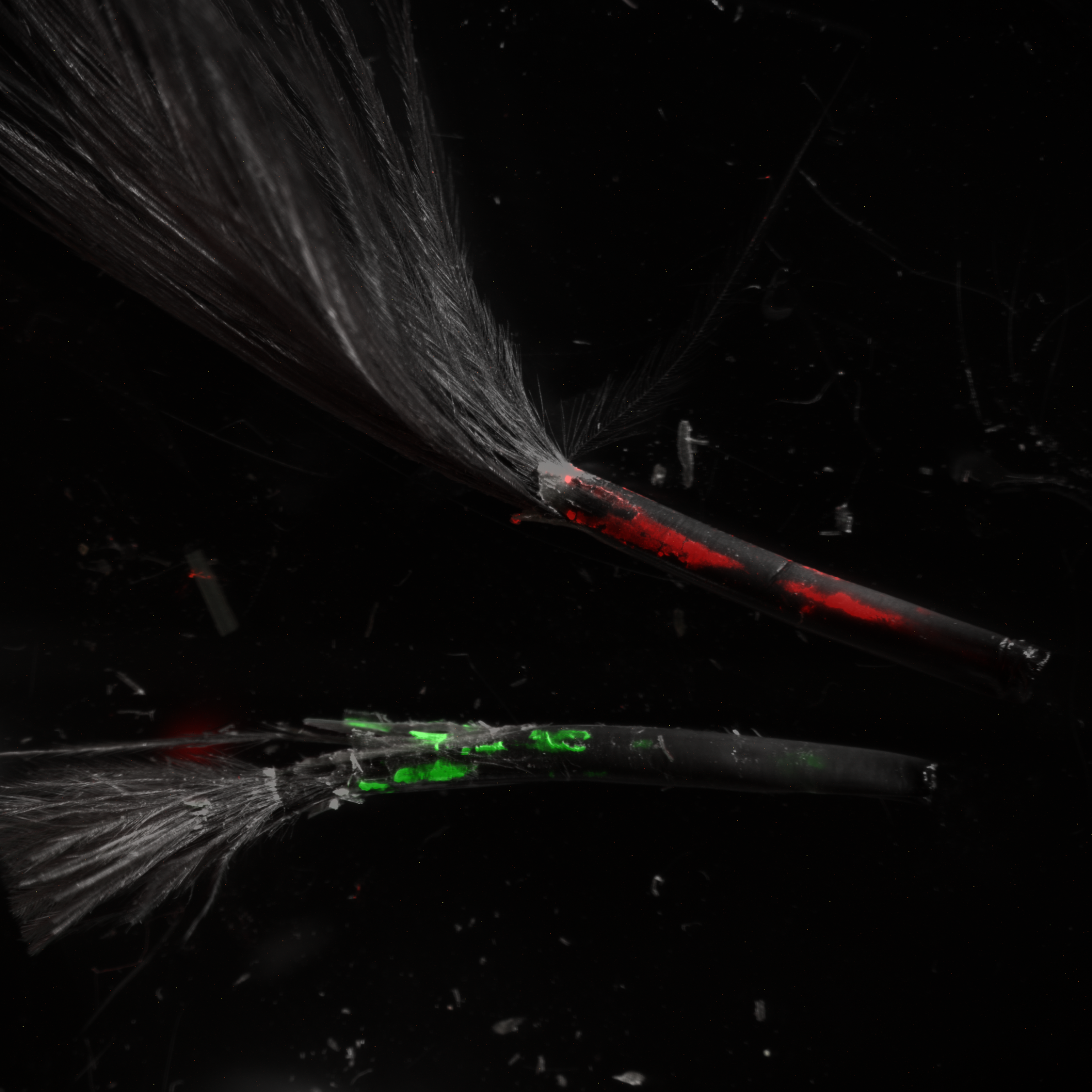CRISPR-mediated gene activation (CRISPRa) of pp38/pp24 orchestrates events triggering lytic infection in Marekâs disease virus-transformed cell lines
Marek’s disease (MD) is an immunosuppressive and highly contagious lymphoproliferative disease caused by Marek’s disease virus (MDV) in poultry. Lymphoblastoid cell lines (LCLs) generated ex vivo from MD lymphomas are considered excellent models to study virus-host molecular interactions. LCLs mostly have latently infected MDV genome, but many of them also have varying populations of lytically-infected cells, thus making them very suitable to examine the molecular events associated with the switch from latent to lytic infection. MDV-encoded phosphoprotein 38 (pp38) is readily detectable in lytically-infected LCLs and hence considered as a biomarker for lytic infection. Whilst previous studies have suggested that pp38 is essential for the early cytolytic infection of B-cells, its role in the switch from latent to lytic infection of LCLs is still unclear. pp24, another phosphorylated protein in the same protein complex, shares the same promoter and N-terminal 65 amino acids as pp38. In this study we employed CRISPR activation (CRISPRa) technology for targeted activation of pp38/pp24 in LCLs to investigate their role in inducing lytic infection. Our results show that enforced expression of pp38/pp24 through CRISPRa induces orchestrated upregulation of other MDV genes including ICP4, gB, Meq and pp14 as well as differential expression of host genes thereby facilitating lytic infection. Our results also show that pp38/pp24 expression induces the lytic switch through inhibiting apoptosis.

